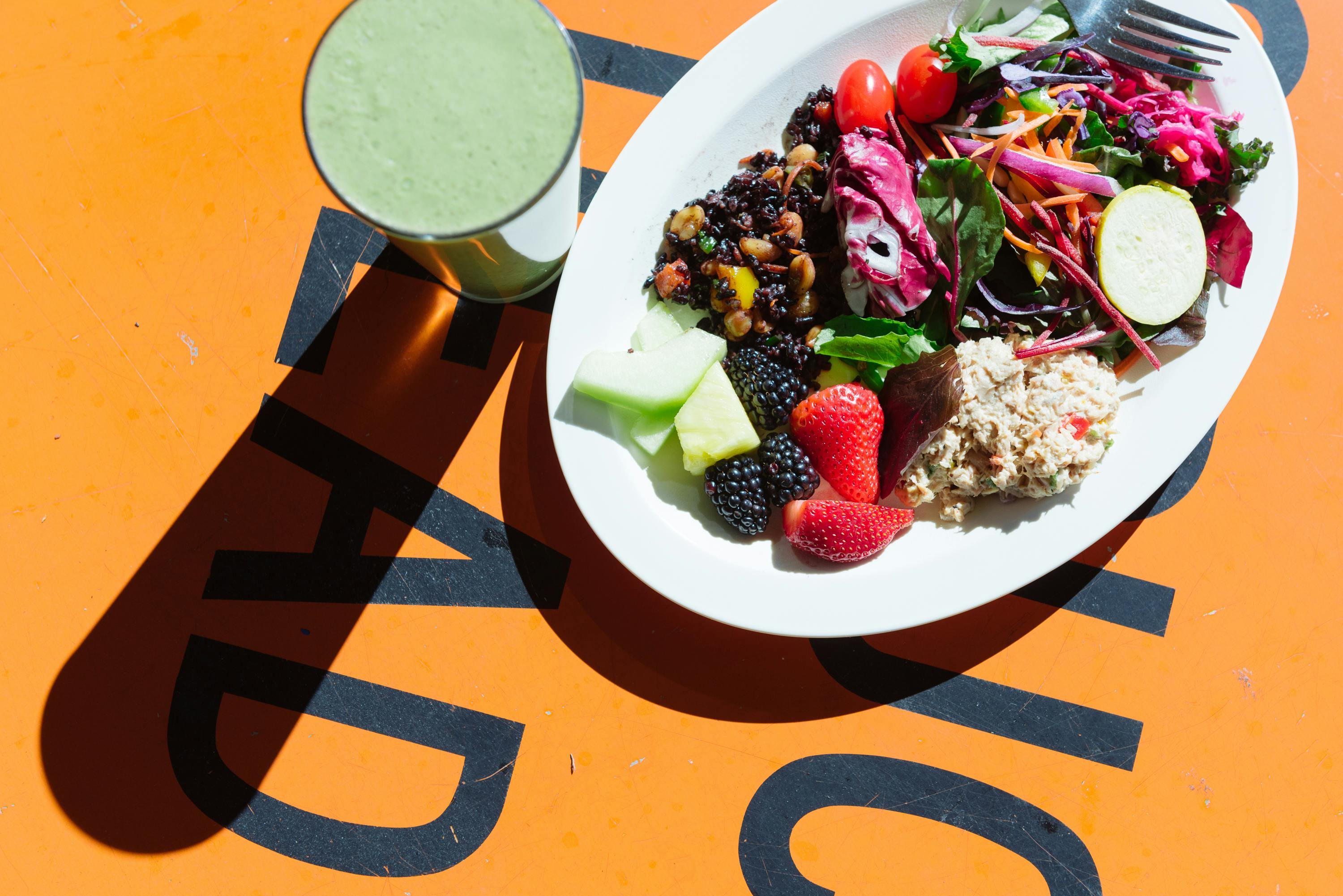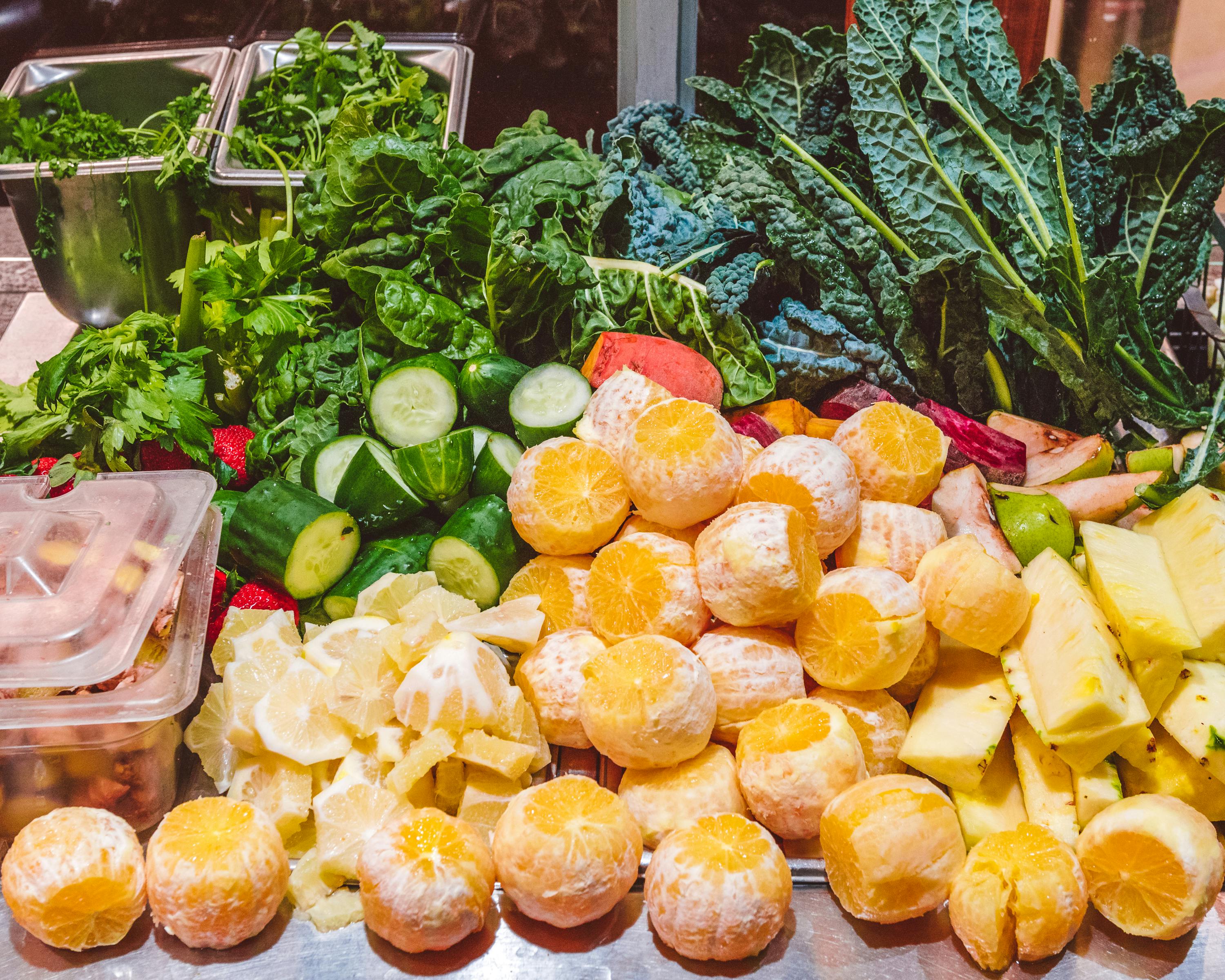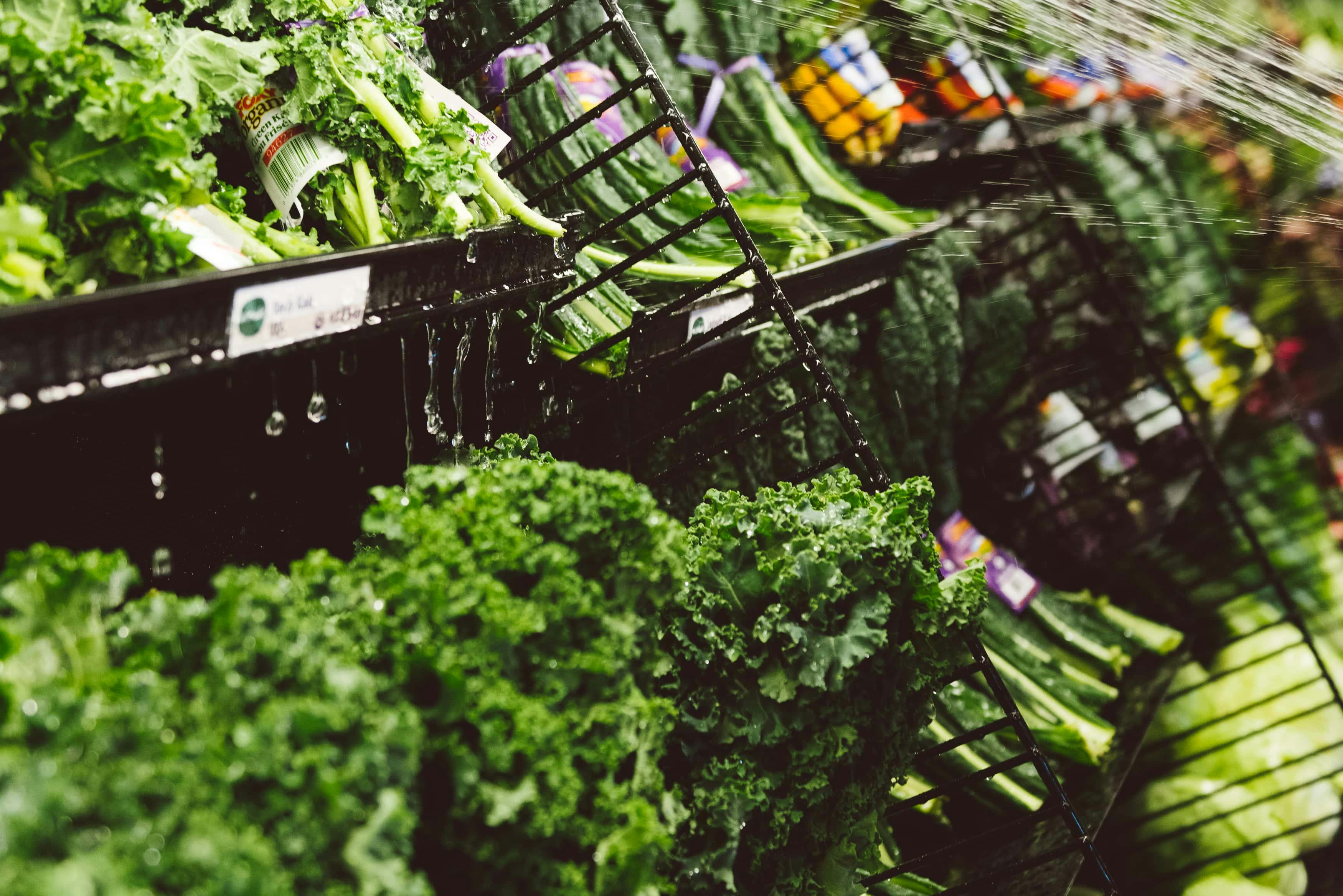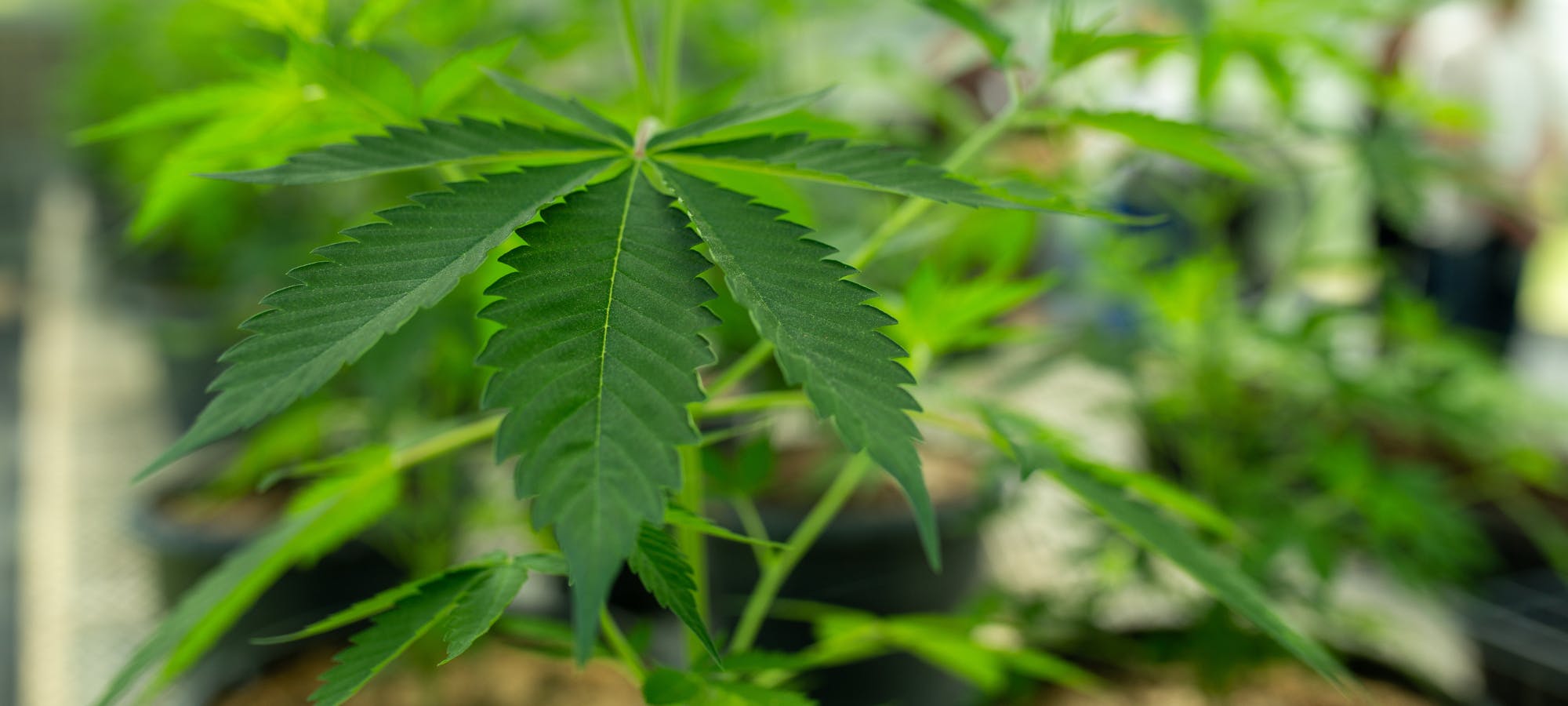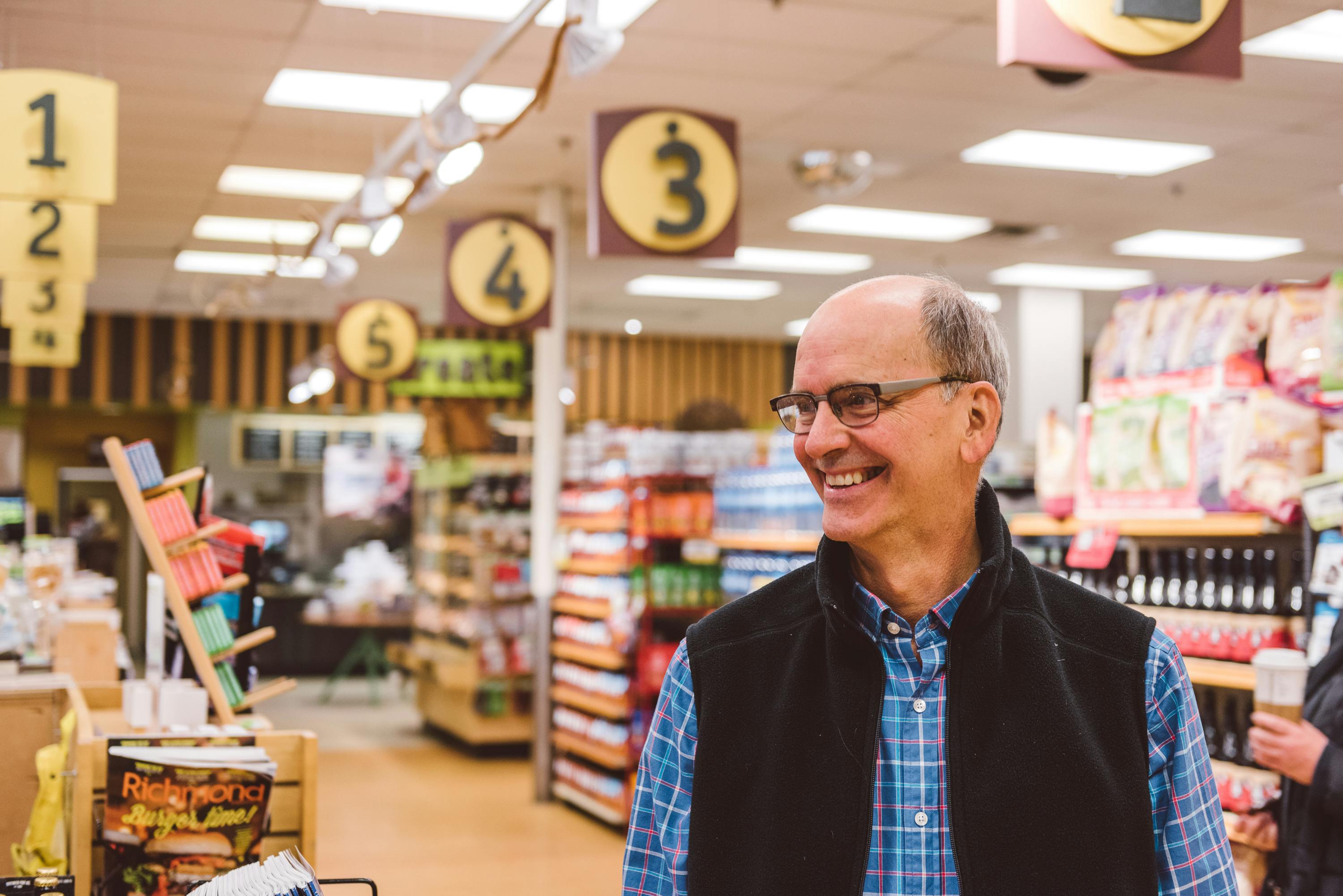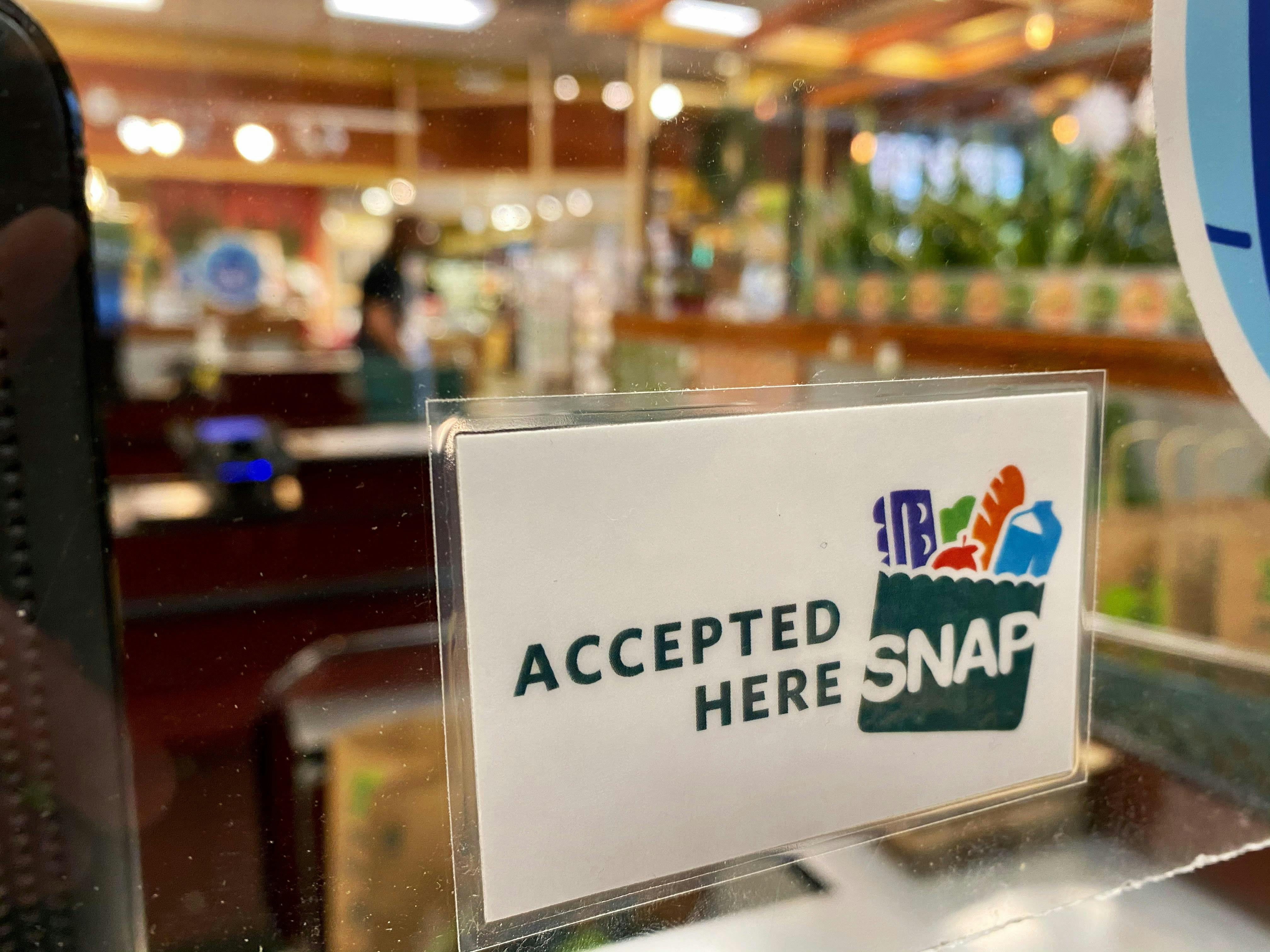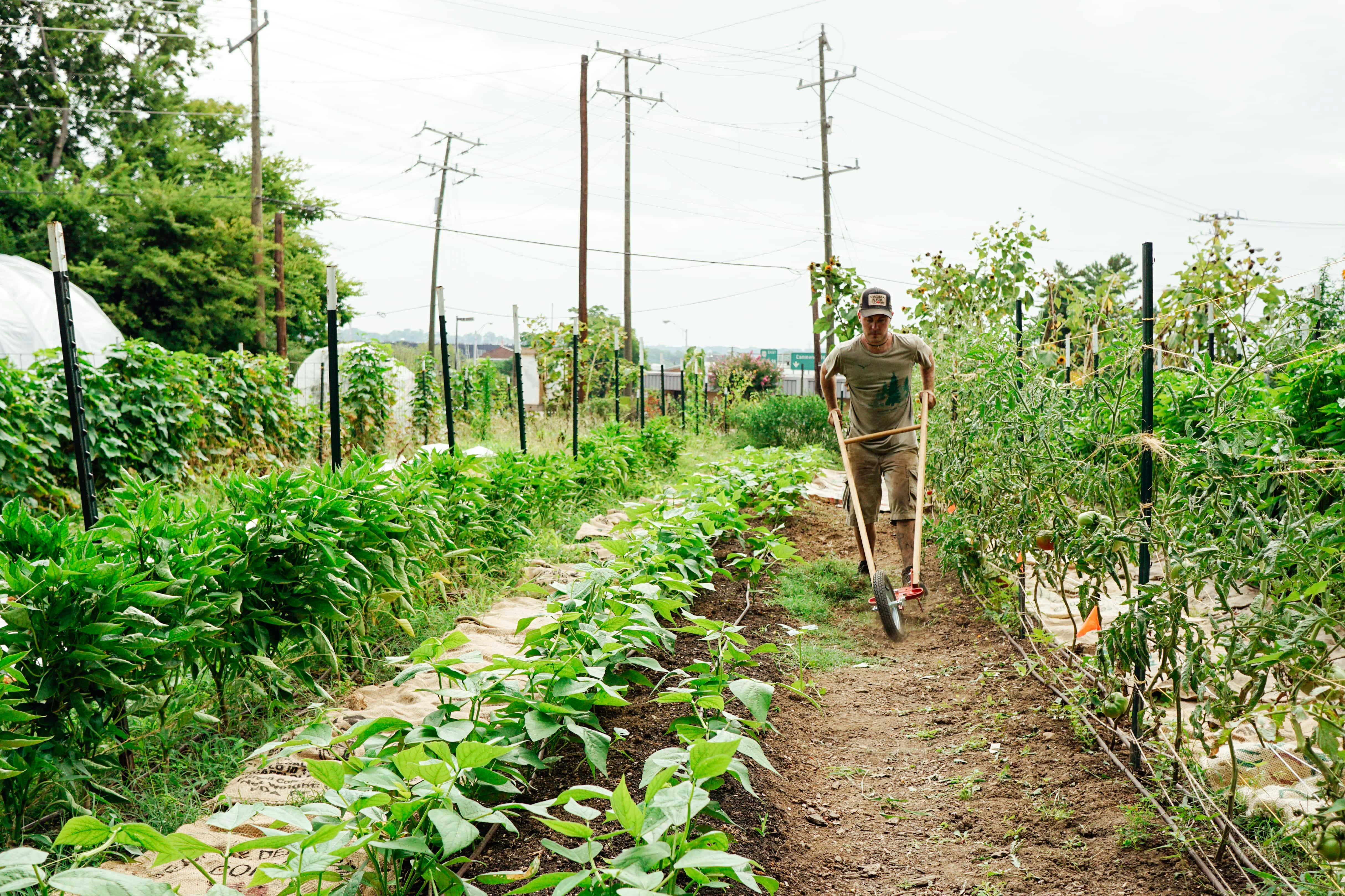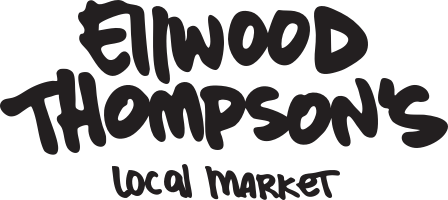
Buying local is more than a fleeting fad. It’s a way of life.
Environmental Impact: Shipping and transporting food and goods produces billions of metric tons of greenhouse gases every year, not to mention the huge amounts of waste involved in packaging products (especially produce) that are coming to you from thousands of miles away. When all your food is grown within a 100 mile radius, you’re not only helping your own community, but the entire planet.
Better Taste, Better Nutrition: Locally grown food is fresh, crisp, and loaded with flavor. After all, it was probably picked only a few days before it reaches your hands. Studies show that on average, food travels 1,500 miles between the farm and your plate. In that week-long (or more) delay, sugars turn to starches, plant cells shrink, and produce loses its vitality, freshness, and flavor. Locally farmed food is not coming from large commercial companies, meaning that by buying local, you’re also automatically cutting out a huge amount of refined carbohydrates, sugar, fat, and preservatives from your diet and introducing more fruits and vegetables. It’s a win win.
GMO-free: Although biotechnology companies have been trying to commercialize genetically modified fruits and vegetables, they are currently licensing them only to large factory-style farms. Local farmers don’t have access to genetically modified seeds, and most of them wouldn’t use it even if they could. If you’re opposed to eating bioengineered food, you can rest assured that locally grown produce was bred as nature intended.
Support Local Business & Build Community: Commodity prices are at historic lows, and farmers are now getting less than 10 cents of the retail food dollar. Local farmers who sell direct to consumers get full retail price for their food — meaning farm families can afford to keep the work they love. Plus, local farms businesses are owned by people who live in this community who are less likely to leave and more likely to create local jobs. If you buy local, you can be a part of strengthening our local economy.
Keep your Taxes in Check: Studies show that farms contribute more in taxes than they require in services, whereas suburban development costs more than it generates in taxes. On average, for each dollar in revenue raised by residential development, governments must spend $1.17 on services, requiring higher taxes of all taxpayers. For each dollar of revenue raised by farm, forest, or open space, governments spend only 34 cents on services. Local businesses in town centers require comparatively little infrastructure investment and make more efficient use of public services as compared to nationally owned stores entering the community.
Preserve Open Space: Buying local is a proactive step towards preserving the landscape we love so much. If you’re anything like us, you’ve enjoyed a leisurely drive or two out into country to take in the beautiful scenery: the lush fields of crops, the meadows full of wildflowers, and the picturesque red barns. That landscape can only survive as long as farms are financially viable, keeping developers at bay.
The Future: Supporting local farmers is about something bigger than us. It’s about preserving our environment. It’s about preserving access to healthy, nutritious food. It’s about ensuring that future generations have everything we have, and more. Start buying local today and be a part of fighting for a better tomorrow.
How We Classify Local
Our local grower ratings go a step further than simply defining our local geographic radius by clearly and transparently classifying all of our produce.
Local - Good
Family-owned farms located within a 100 miles of our store that use no spray or low spray. Farms that do use spray are stored in our records, including a list of what sprays they use.
Local - Better
Family-owned farms located within a 100 miles of our store that practice organic and/or sustainable farming methods and natural (non-chemical) based fertilizers and insect control.
Local - Best
Family-owned farms located within a 100 miles of our store that are USDA Certified Organic or Certified Naturally Grown.
Regional
Family-owned farms outside of our 100 mile radius, but within 300 miles. This includes much of Maryland, Pennsylvania, and Virginia.
Organic
When you see an organic integrity pin, know that it is only placed on items that are 100% USDA Certified Organic, no exceptions.
Certified Naturally Grown
This pin represents a grassroots alternative to certified organic. It is a non-profit organization offering certification tailored for small-scale, direct-market farmers and beekeepers using natural methods.
